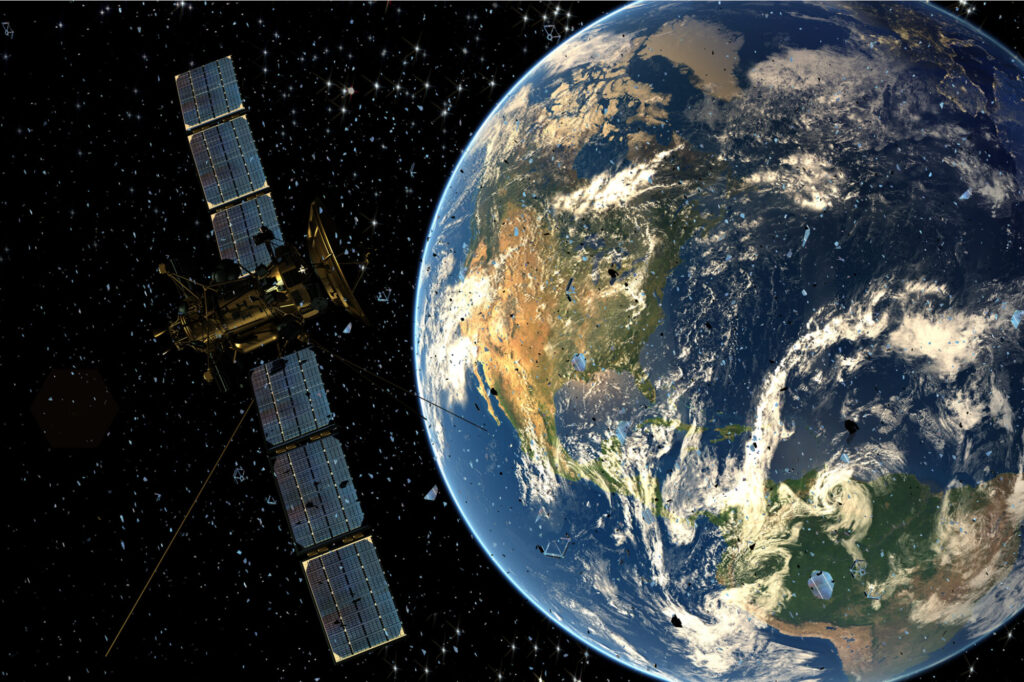The issue of space junk is keeping Airbus space executive Jean-Marc Nasr awake at night.
Nasr, Head of Space Systems within the group’s Defence and Space unit, said there were already 34,000 items of debris bigger than 10cm in orbit and he was concerned about space and satellites becoming targets of “hostile acts”.
“What keeps me awake at night is if something goes really wrong and space becomes a target of hostile acts, then you create massive debris in orbit,” Nasr said during an Airbus Summit on September 22, 2021.
Drew Shindell, Nicholas Professor of Earth Science at Duke University in North Carolina, noted at the same event that it was easier to create debris than to remove it.
“Testing out a satellite destroyer and blowing one up in space carries no penalty. It’s so much easier to blow something up than to clean up all the pieces,” Shindell commented.
Airbus’s Nasr said such debris could render an orbit unusable for 50 years, disrupting business. He called on regulators to take action, suggesting that creating space debris should be classed as a criminal act. Nasr said humans should not pollute and clutter space, like has happened to the oceans.
Nasr said Airbus was investing in technology to remove debris and monitor it, but that coordinated efforts from around the world were required. He suggested Europe should take the lead, saying a wake-up call was needed.
“If we don’t do it together, it is the end of what we do in space,” he predicted. “There is no magic solution, we are at the beginning of an unmanageable situation if it continues like that.”
The European Space Agency (ESA) is currently working on plans for a satellite to collect debris and take it down to a lower level where it can be burned up in the atmosphere, ESA director general Josef Aschbacher said. The agency is also working towards a goal to remove an object from space every time it sends something into space.
“We are very late in terms of timing,” Aschbacher admitted with reference to managing space debris. “We have to lead by example here, get others onboard. It’s absolutely necessary because we have to protect our own assets and business.”

